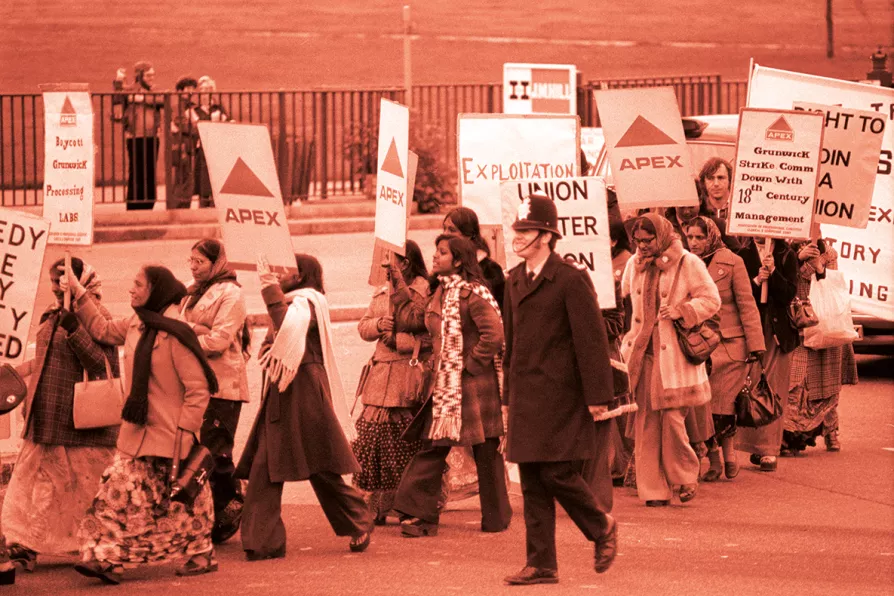RICHARD BURGON MP speaks to Ben Chacko about the Labour right’s complicity in the Mandelson scandal and the need for a total break with Starmerism if the party is to defeat Reform


WHAT happens when a Labour government faces a big strike? We might soon find out as strikes are definitely back, and a Labour government probably will be.
There might be a pause in strikes when Labour is re-elected in 2024, but the pressure on wages driving current disputes isn’t going to disappear under Sir Keir.
I was given a huge file of Home Office papers on the 1970s Grunwick dispute that might give some clues.

Forty years on, TONY DUBBINS revisits the Wapping dispute to argue that Murdoch’s real aim was union-busting – enabled by Thatcherite laws, police violence, compliant unions and a complicit media
CLIVE HASWELL introduces the latest edition of Cardiff’s left-wing conference, which will take a broad and non-sectarian approach to who the left should vote for, welcoming approaches from all major progressive parties that hope to transform the world

The Home Secretary’s recent letter suggests the Labour government may finally deliver on its nine-year manifesto commitment, writes KATE FLANNERY, but we must move quickly: as recently as 2024 Northumbria police destroyed miners’ strike documents












